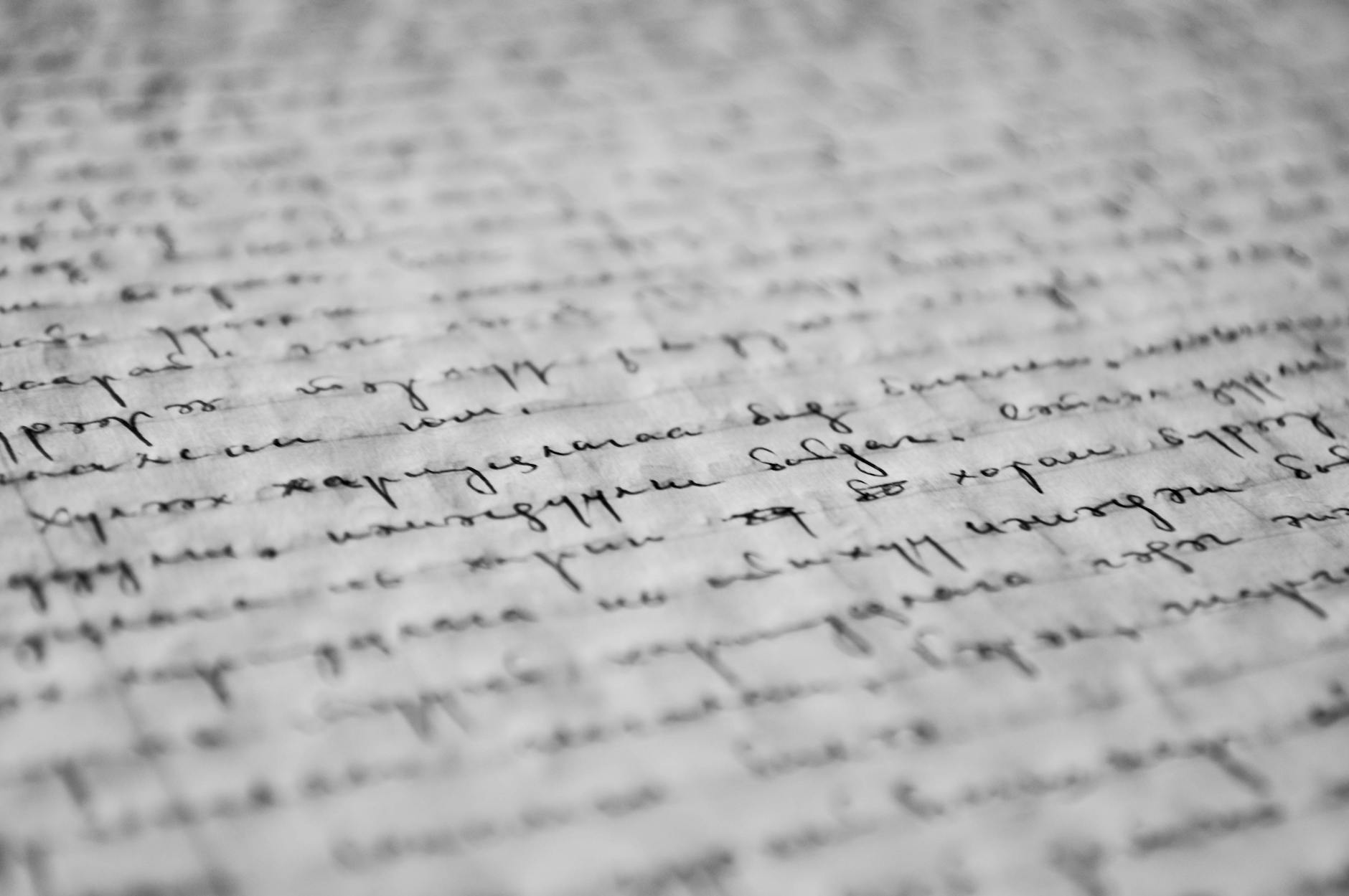To define a poet is to acknowledge the depth and breadth of human expression. A poet is someone who engages with the world through words, crafting language in a way that evokes emotions, thoughts, and connections in others. This purposeful arrangement of words serves as a form of artistic expression and a means to communicate complex ideas and feelings. Interestingly, the identity of a poet can be fluid; anyone who writes poetry may embrace the title, regardless of their skill level or public recognition.
Moreover, poetry provides a therapeutic outlet for many writers, allowing for emotional release and self-expression. Poets delve into themes that resonate deeply with the human experience, such as love, loss, identity, and social justice. For instance, Maya Angelou’s works reveal personal and collective struggles, reflecting her own journey and the broader social context of her time. This dialogue between the poet and reader fosters empathy, creating a shared space for reflection and understanding.
 Historical Context of Poetry
Historical Context of Poetry
The evolution of poetry mirrors the shifts in societal norms and cultural values throughout history. From its oral traditions to written forms, poetry has served as a vessel for storytelling and cultural preservation, often highlighting humanity’s struggles and triumphs. For example, the Harlem Renaissance was a pivotal moment in American poetry, showcasing the power of verse as a tool for social change and cultural identity.
Prominent poets like William Blake and Langston Hughes have left indelible marks on the art form, using their voices to challenge societal constraints and inspire movements. The literary movements that emerged over time, such as Romanticism and Modernism, have also significantly influenced poetic styles and subjects, reflecting the evolving landscape of human thought and creativity.
Characteristics of a Poet
What sets poets apart is their sensitivity to language and emotions, which allows them to connect deeply with human experiences. The creative process of writing poetry is often a journey marked by uncertainty; poets may grapple with self-doubt and the fear of losing their creative spark. Yet genuine poetry emerges from this struggle, characterized by its truthfulness and a keen attentiveness to the human condition.
Many poets develop a profound love for reading and analyzing other poetry, which enhances their understanding of the craft and helps refine their unique voices and styles. For instance, Robert Frost’s ability to convey complex emotions through simple language has made his work resonate with readers across generations, showcasing the power of concise expression. This capacity to distill intricate ideas into succinct verse is a hallmark of skilled poets.
The Role of Poets in Society
Poets often serve as societal truth-tellers, challenging the status quo and revealing deeper realities obscured by everyday life. Their work can provoke thought, inspire action, and foster dialogue around pressing issues, making them vital cultural commentators. For example, poets like Audre Lorde have used their platforms to address social justice, feminism, and identity, influencing public sentiment and awareness.
Cultural context plays a significant role in shaping a poet’s identity and the subjects they explore. Poetry, therefore, belongs to those who write it and those who need it, creating a communal space where experiences and emotions can be shared and understood. Poetry’s impact extends beyond literature into music, visual art, and performance, showcasing its multifaceted nature and far-reaching influence.
Types of Poets and Their Styles
The world of poetry is diverse, encompassing various types of poets, each with unique approaches to form and content. Lyric poets often focus on personal emotions, while narrative poets tell stories through verses. Experimental poets may break traditional conventions to explore new forms and ideas, pushing the boundaries of poetry.
The intricacies of language and word choice are crucial for poets, as they significantly impact the meaning and effectiveness of their work. Some poets may specialize in spoken word, emphasizing performance and audience interaction, while others might focus on specific themes, such as nature or urban life, shaping their poetic identity. The interplay of rhythm and meter, often likened to music, enhances poetry’s emotional and intellectual exploration.
The Poetry Writing Process
Writing poetry involves a complex interplay of language, emotion, and personal interpretation. Poets often draw inspiration from their experiences, societal issues, and cultural influences, weaving these threads into their work. Poetry’s structure can be fluid; poets may adhere to grammatical rules or break them, akin to a jazz musician’s improvisation.
Revision is critical as poets refine their language and ideas to achieve clarity and impact. Many poets keep journals or notebooks to capture fleeting thoughts and images, which might later inspire their poetry. Collaboration with fellow poets and artists can also enhance creativity, sparking new ideas and enriching the writing process.

The Impact of Poetry
Poetry’s influence on culture and society is profound, reflecting and shaping public sentiment. Engaging with poetry can encourage self-discovery, opening pathways to more profound understanding for writers and readers alike. For example, the therapeutic use of poetry in mental health settings demonstrates its potential to promote emotional well-being and healing.
As poetry continues to evolve, its accessibility in various formats—such as social media and blogs—expands its reach and influence. Poetry serves as a medium for preserving cultural heritage and historical narratives and a powerful tool for fostering connections among individuals from diverse backgrounds. Through the lens of poetry, we gain insight into the human experience, celebrating our shared joys and struggles.
For poetry and more, visit Mecella.
